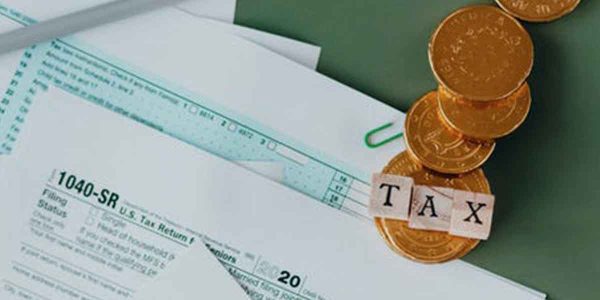Meaning of probate
- Probate is the lawful interaction for evaluating the resources of a departed individual and deciding inheritors.
- Probate procedures commonly center around a will’s presence, legitimacy, and legitimacy.
- The probate process starts regardless of a will.
- A procedure is typically fundamental when a departed individual’s excess bequest is of high worth in any event when there is a will.
- People can avoid extreme probate expenses and intricacies by having an effectively verified will or utilizing venture vehicles that don’t need probate.
How does probate work?
Probate is the examination and moves organization of domain resources recently possessed by a departed individual. At the point when a landowner kicks the bucket, the probate court explores their resources. This court gives the last decision on the division and conveyance of resources for recipients. Probate continuing will commonly start by breaking down whether the departed individual has given a sanctioned will.
A deceased benefactor is a departed individual with a will. When a deceased benefactor bites the dust, the agent is liable for starting the probate cycle. The agent is usually a relative. The choice can likewise give subtleties to a predefined agent.
The agent is answerable for documenting the will with the probate court. Recording the choice starts the probate cycle.
How to avoid the probate process?
There are many justifications for staying away from the probate cycle. Following are some of the reasons-
Joint Tenure:
This is a property possession where at least two individuals own a piece of a solo work of property. When one joint inhabitant kicks the bucket, the leftover familiar occupants acquire the decedent’s portion of the property rather than the decedent’s beneficiaries accepting the offer. Joint occupancy is connected with the lawful co-responsibility for a home, vehicle, or financial balance.
An illustration
An illustration would be how most of these things held in joint tenure are related to marriage. The property’s co-proprietor naturally gets full responsibility for the resource without initially going through the probate cycle to pass the title on. It is critical to take note of explicit circumstances which meet for joint tenure to exist, and not all states perceive such a plan;
Disaster protection Arrangements:
There are certain conditions in which extra security strategies might evade the probate cycle. An illustration of this would be an additional security strategy where an individual pays a top-notch every year and names a recipient. The designated recipient consequently gets the life coverage strategy benefits and pays out when the policyholder passes on, subsequently taking out the requirement for the probate cycle; and
Trusts:
Lawful trusts include moving the legitimate title of a resource from the proprietor to a legal administrator or an impartial outsider. When the home proprietor kicks the bucket, the named legal administrator legitimately will undoubtedly disseminate the decedent’s property, as per the trust’s particulars, to a designated recipient.
Pros and cons associated with avoiding probate
- Costing is the primary benefit of staying away from probate. Probate costs, for the most part, employ lawyer’s charges which can be exorbitant, particularly if the decedent possesses property in an alternate state.
- Trusts can likewise be custom fitted to meet explicit solicitations, which isn’t valid for the probate cycle and could be viewed as a probate con.
- Another benefit to staying away from the probate cycle is that the interaction can be convoluted and tedious.
- An extra benefit to staying away from the probate cycle would be security. Wills and probate procedures are matters of openly available reports.
- You ought to consider a few significant weaknesses in staying away from probate. First, as a rule, it costs more to make and support a trust than to make a will.
Conclusion:
It is essential to acquire complete knowledge of the will and assets, then decide whether to probate. The probate process has its pros and cons. Instead, one should study the situation and then decide what to do. Privacy is essential, but then validity needs to be proved as well. Questions always arise, but if one can handle them, then probate can be avoided.







